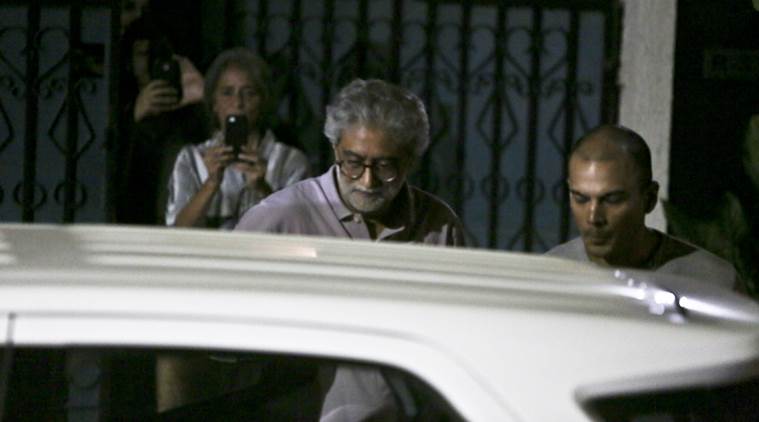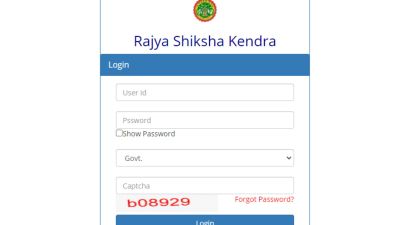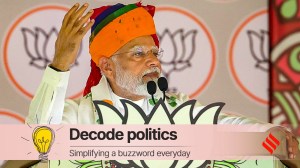- India
- International
Gautam Navlakha a Maoist, submissions by defence attractive but cannot be accepted: Pune court ruling
The prosecution had submitted various documents before the court, including “Strategy and Tactics (S & T) of the Indian Revolution” and “Work in urban areas”, both allegedly recovered from the pen drive of co-accused P Varavara Rao.
 Ahuja had argued that Navlakha, being a writer by profession, “had studied ideology and structure of banned organisations, had undertaken the task of fact-finding, which is nothing but finding out truth and therefore it cannot be said that he was any way involved in any conspiracy to commit any crime.”
Ahuja had argued that Navlakha, being a writer by profession, “had studied ideology and structure of banned organisations, had undertaken the task of fact-finding, which is nothing but finding out truth and therefore it cannot be said that he was any way involved in any conspiracy to commit any crime.”
In its order rejecting the anticipatory bail plea of activist Gautam Navlakha in the Elgaar Parishad case Tuesday, the special court in Pune found that submissions made by the defence lawyer regarding documents submitted by the prosecution are “attractive but cannot be accepted”.
The prosecution had submitted various documents before the court, including “Strategy and Tactics (S & T) of the Indian Revolution” and “Work in urban areas”, both allegedly recovered from the pen drive of co-accused P Varavara Rao.
As stated in the order passed by special judge S R Navandar on Tuesday, in the first chapter of “S & T of the Indian Revolution”, allegedly released by the central committee (CC) of the banned CPI-Maoist in 2007, there is discussion on “Military Strategy” (of the Maoists) and it mentions, “…the revolutionary based areas in the countryside where the enemy is relatively weak should be targeted first and then gradually the cities should be encircled and captured because they were the bastions of the enemy forces”.
Also, the first chapter of “Work in urban areas”, alleged to be Maoist literature, mentions that “urban movement was one of the main sources which provided cadres and leadership, having various types of capabilities essential for the people’s war and for the establishment of liberated areas… the party (CPI-Maoist) must have a comprehensive line of revolutionary struggle, including armed struggle, for the urban areas also in conformity with the line of protracted people’s war and then capturing the urban areas”. As stated in the order, the same document mentions about supply of urban cadre to “fulfil the needs of rural movements”.
The court observed, “It appears from the documents that banned organisation was operating in different ways to achieve its objects. Different members were entrusted with different activities, which was part of larger conspiracy.” The court noted arguments by defence lawyer Ragini Ahuja, who had filed copies of different books written by Navlakha and certain material of CPI-Maoist (including S & T of the Indian Revolution), which is available on internet.

Ahuja had argued that Navlakha, being a writer by profession, “had studied ideology and structure of banned organisations, had undertaken the task of fact-finding, which is nothing but finding out truth and therefore it cannot be said that he was any way involved in any conspiracy to commit any crime.”
The court found that submissions made by Ahuja are “attractive but cannot be accepted” for the reason that “apart from above mentioned literature there is other material on record which prima facie shows that applicant (Navlakha) was not only actively involved but was managing the affairs of the banned organisation, particularly in respect of recruitment, funding and policy-making.
The court then referred to the documents submitted by prosecution, including statement of surrendered Maoist leader Kumarsai (alias Pahadsingh), former secretary of Gondiya-Rajnandgaon and Balaghat division of CPI-Maoist, a letter dated July 30, 2017, from one Sudarshan to “Gautam Ji” (which the prosecution claims to be Navlakha), which allegedly mentions the role of accused in raising funds, fact finding for false propaganda against state. The court also referred to a document “Report on Gautam Navalkha”, which mentions that the accused was allegedly trying to link banned CPI-Maoist with Hizbul Mujahideen (HM).
The court also mentioned, “Prima facie it can be noted that organisation of Elgaar Parishad at Pune was part of a larger conspiracy of the banned CPI-Maoist and Bhima Koregaon episode is one of the instances of execution of the said conspiracy.”
Must Read
Apr 23: Latest News
- 01
- 02
- 03
- 04
- 05






































